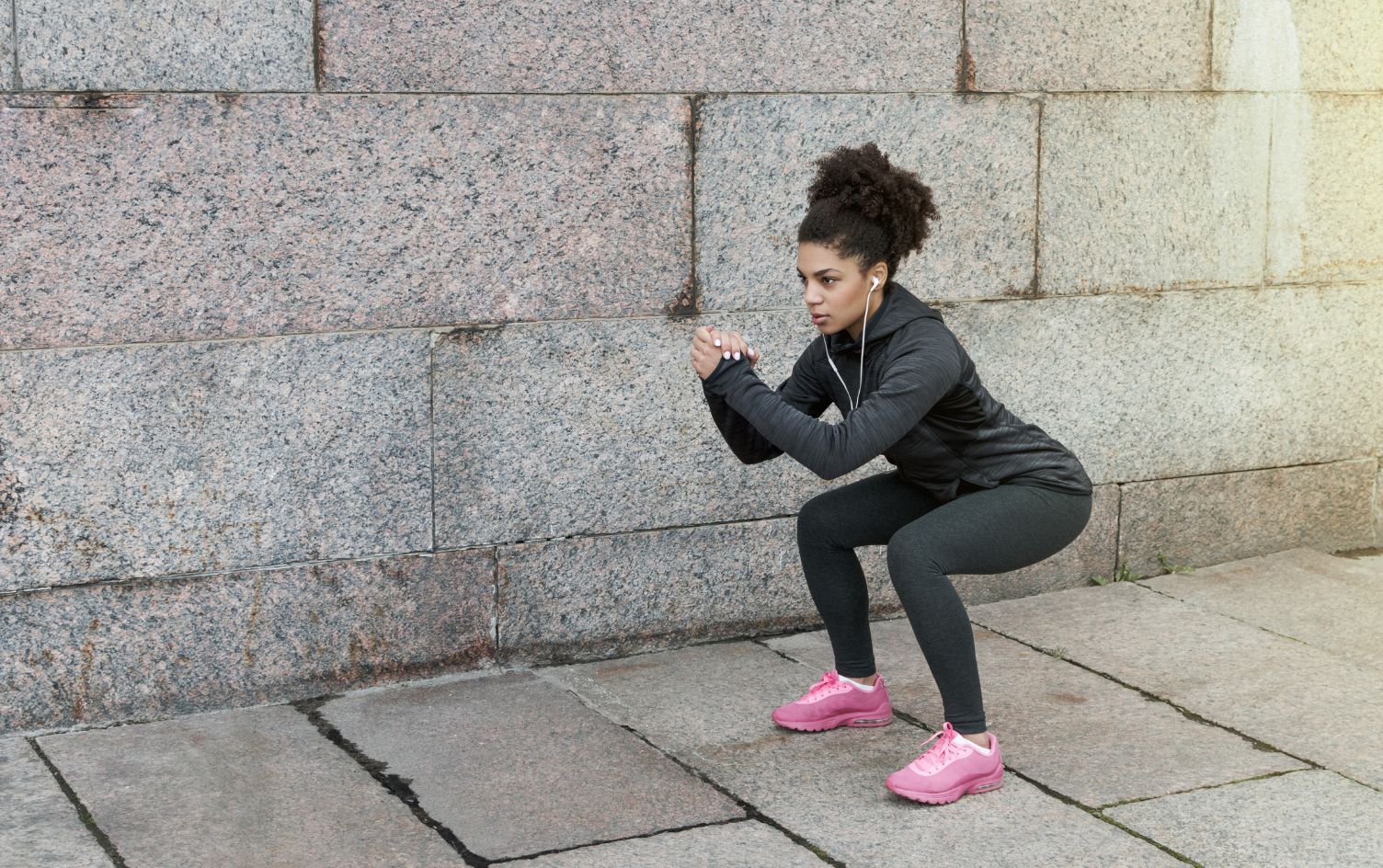When you’re trying to lose weight, an obvious measure of success is seeing the number on the scale drop. But weigh-ins can also frustrate or intimidate some people, and may not be the best method for everyone.
“Your weight naturally fluctuates throughout the day, so that can be a poor measure of success,” says Jennifer Smith, RD. “And muscle weighs more than fat, so if you start working out or change your workout, you may see the number on the scale go up, even though you are getting healthier.”
Instead of focusing solely on the scale, consider these alternate measures of success, which can let you know your weight-loss efforts are actually working:
HOW YOUR CLOTHES FIT
Maybe you’ve decided to lose weight because your jeans started to feel too tight. After you start eating a greater variety of whole foods for a few weeks, you may notice your pants aren’t as snug anymore, even if the bathroom scale has barely budged.
“The best measure of weight loss is examining the change in body composition,” says Don Dengel, PhD, professor in the school of kinesiology at the University of Minnesota. “You can have a significant change in body composition without a corresponding change in total body weight. For example, you could have an increase in muscle mass with a loss in fat mass.”
Focusing on how your clothes fit may help boost self-esteem and inspire you to stick with your plan as opposed to being frustrated by a specific number on the scale. “Comparing the fit of clothing provides a personal level of accomplishment,” says Mike Gallagher, PhD, associate professor of exercise and sport science at the University of Central Arkansas.
YOUR WAIST CIRCUMFERENCE
Some personal trainers and registered dietitians recommend measuring your waist circumference periodically, every 2–3 weeks for instance, as you begin a new diet or exercise regimen. Over time, as your waist gets smaller, you’ll have concrete evidence you’re losing weight.
“If that number has decreased, it’s a win-win, because the lower your waist circumference, the lower your risk factor for chronic conditions like Type 2 diabetes,” says Jerlyn Jones, RD, a Georgia-based spokesperson for the Academy of Nutrition and Dietetics.
YOUR MOOD
When you fuel yourself with healthy foods and get enough physical activity, not only will you lose weight, but you should also start to feel better mentally. “You should really measure your success in how you feel,” says Smith. “Do you have more energy? Do you have more joy and zest for life? Are you learning to love and respect your body?”
Having a more positive mindset can also inspire you to stick with healthy habits. “You should find yourself with more self-confidence because you are taking care of yourself, which will further stoke motivation,” says Smith.
YOUR STAMINA
If you didn’t get much physical activity before you embarked on your weight-loss journey but you’re maintaining a regular exercise regimen today, you’re probably able to push yourself farther than before. An increase in stamina is an indirect measure of weight loss, but it’s an empowering reminder you’re getting into shape through your own hard work.
“Try tracking how much farther you can walk, run, cycle or swim [or] how much longer you’re active for, compared to the previous day, previous week, previous month,” says Gallagher. “As your health and fitness improves, you should be able to speak and breathe easier at the given activity level.”
YOUR SLEEP
You may notice you’ve been getting better-quality sleep lately because of your positive lifestyle changes. Not only is sleep tied to weight loss, but it also helps you stay healthy overall by reducing inflammation, helping repair muscles, reducing stress levels and allowing you to perform your best when exercising.




